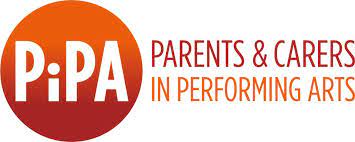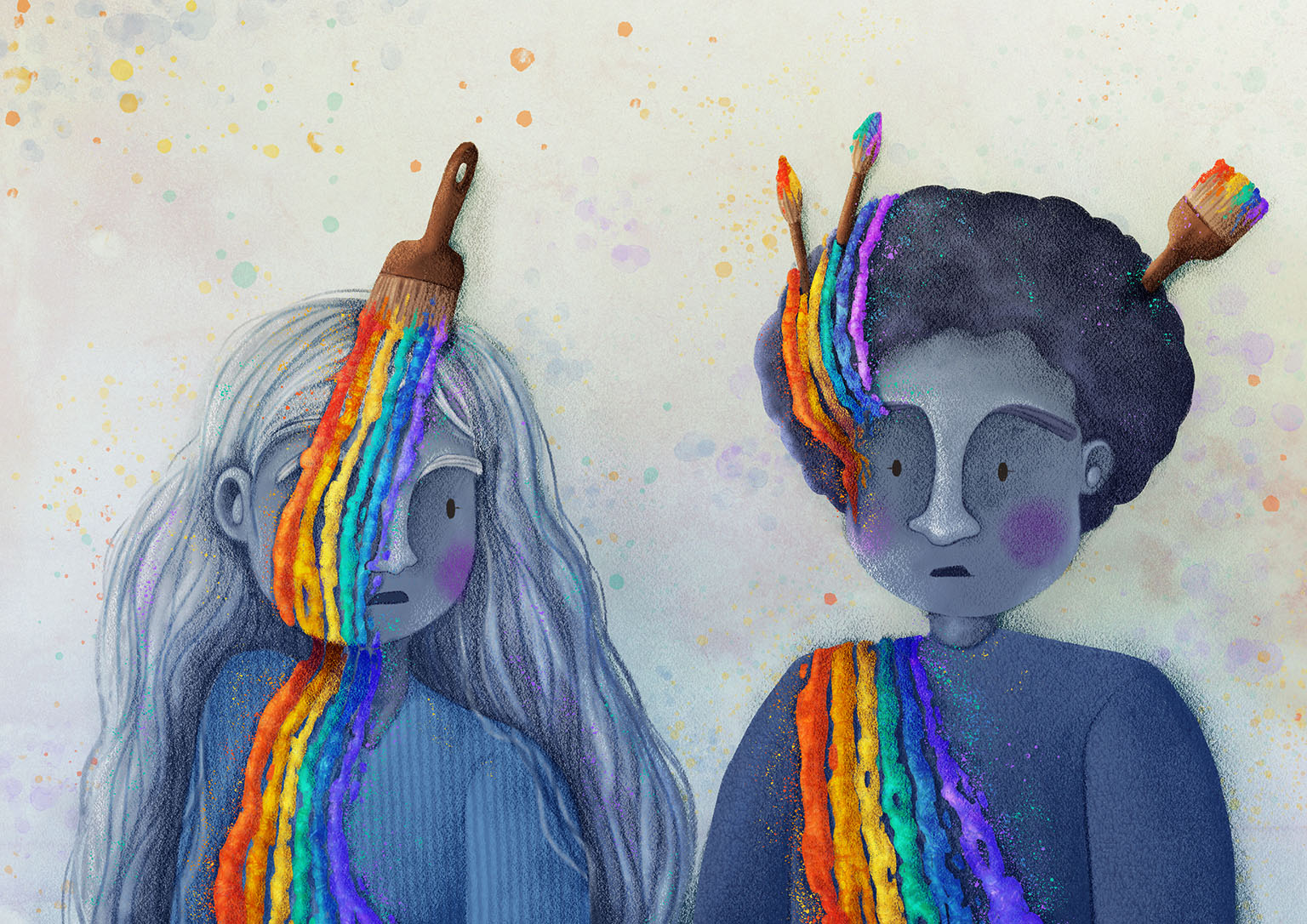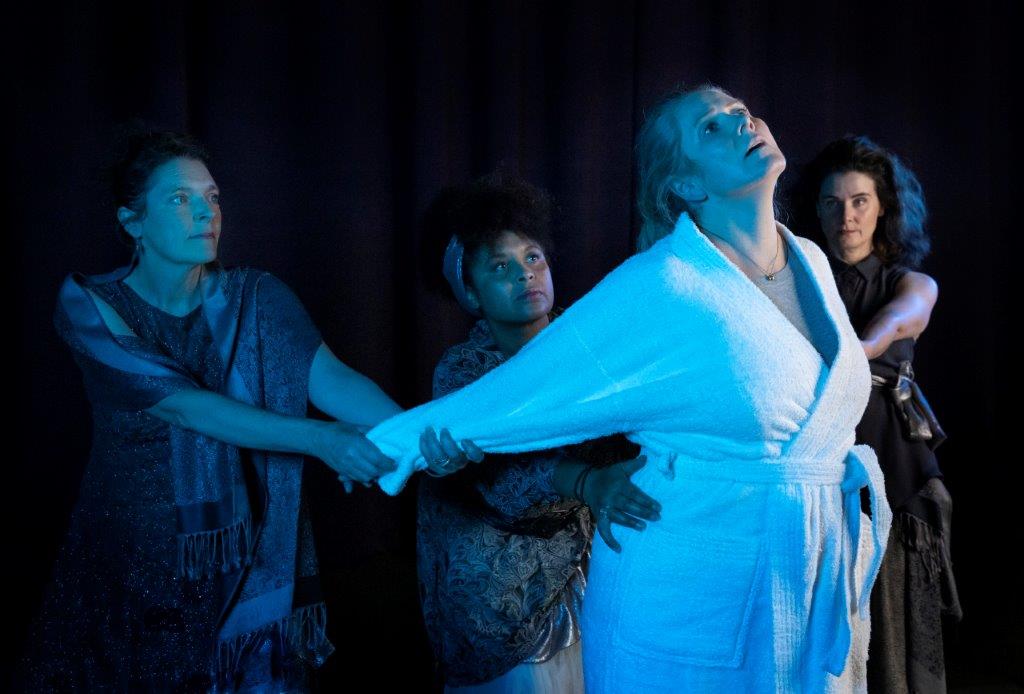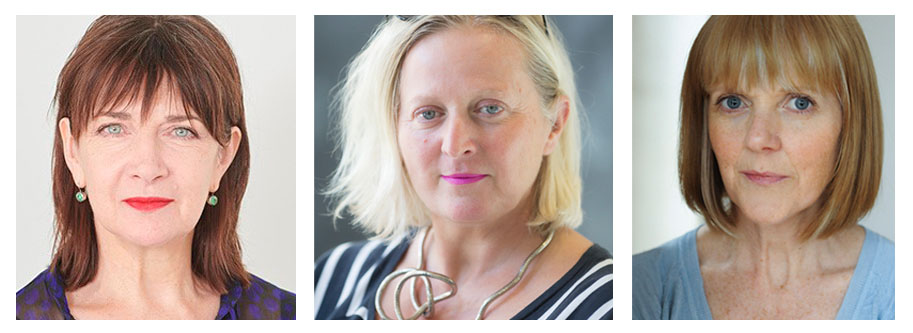Gender inequality in UK theatre is ‘shocking’ says report
12th February 2021We don’t need a report to tell us that gender equality is ‘shocking’ within the UK theatre industry. Women have felt invisible compared to their male counterparts for decades.
With great work carried out by the likes of Equity and ERA 50:50 fighting for gender parity, things were beginning to change for the better. Slowly, but they were moving in the right direction.
However, with the huge impact the Coronavirus has had on our industry over the past year - forcing theatres to close and pushing many artists and creatives out of work - the progress that these arts organisations have made will undoubtedly be reversed.

The Women in Theatre Forum Report which was published in early January was a wide collaboration by Sphinx Theatre, December Group, the Writers’ Guild of Great Britain, Equity, PIPA (Parents and Carers in Performing Arts), ERA 50:50, Black Womxn in Theatre and Stage Directors UK.
Women have been most definitely hit hardest by the pandemic and the report states that we will witness a ‘haemorrhage’ of female talent from our industry.
We have already seen the increased demand on women since last March, particularly those who are mothers or carers. Taking on the lion’s share of childcare duties and home-schooling on top domestic duties, online rehearsals, looking for work etc is highly pressurised.

The study conducted by PIPA in October 2020 shows just how detrimental the last year has been on parents within the arts. From the 500 respondents, 80% of women are forced to turn down work because of parenting/caring responsibilities, 80% reported significant stress, 36% of women said they were in ‘fight or flight’ mode and a huge 72% said they were thinking of leaving the industry altogether.
Other findings from the report include:
- Sphinx Theatre highlighted the exclusion of women as an underrepresented group in the Arts Council’s 10-year strategy, which was published last year.
- The Writers’ Guild of Great Britain found that Only 14% of prime-time television was written by women and 9% for comedy.
- Equity found that 72% of female performers felt pressured to “look a particular way” in order to get a job.
- Stage Directors UK reported cases of bullying of female directors, intimidation of female company members and “ghosting” of women returning to work after having children.
Reading this is absolutely devastating. How has an industry as great as ours allowed our female workforce to be treated like this?
As a matter of urgency, we need to have ongoing conversations with our government, arts organisations, policy makers and have them support our female colleagues and help dilute gender inequality. We can’t afford to lose great talent.
We at The Play’s The Thing Theatre Company began to focus on performances by female playwrights sometime ago to ensure we reached 50:50 with the plays we produce. We, like many others I’m sure, we had great plans to put on some thought-provoking plays by female writers in 2020. Naturally, we had to redraw those plans and instead we devised a project that highlighted women and their ‘invisibility’, not just in theatre, but in other ways too. We also looked at other groups and individuals who also felt “invisible”. We became very interested in this whole concept.
With thanks to The Arts Council England in May 2020 we started a 6-month project entitled ‘Invisible Visible’. We worked with various community groups, charities and educational institutions to produce a podcast, six monologue films, an illustrated book and a twine.
Twine
Book

Podcast
We shall be releasing the films form MK College students shortly.
We also worked with theatre maker, Sarah Wanendeya, to develop her original script ‘Becoming The Invisible Woman’ - a play about a woman who ‘awakens’ in middle age, feeling lost and stuck in a rut, invisible and irrelevant in a youth-centric society. Sarah worked with dramaturg, Fiona Graham, from Goldsmith University to re- work her script.

Now called “Middlescence” it is now in a form that can be toured once that is allowed and if Sarah wishes to take it further.
It has been an incredibly interesting and thought-provoking project, with more products still to be released.

Maureen Beattie, Jenny Sealey, Polly Kemp.
In 2019 we created an inspirational festival called ‘Taking the Stage - Women in Performing Arts’ at MK Gallery. We had a host of amazing women from within the industry join us including Maureen Beattie, Jenny Sealey and Polly Kemp (all authors in the recent report) who held panel discussions to give us a real insight into the arts and the challenges we face. We staged a new play by Julia Pascal and there were also five original scratch pieces from Wallis Hamilton-Felton, Haste Theatre, Chloe Todd Fordham, Sarah Wanendeya and Shobu Kapoor plus much more.
To show our commitment to continually push the boundaries for women in the arts for a more equal balance, we are planning to mount another “Taking The Stage” in the Autumn this year (funding and Covid allowing). We are also planning an exhibition and showcase for “Invisible-Visible” with MK Gallery - again when Covid allows. We still have a long way to go, even further now sadly, but if we all work together and help put specific measures in place, we can help to keep women in theatre where they belong. If we continue to raise the profiles of females in the arts by creating events, having the right discussions with the right people, and always keeping the need for inclusivity in mind, the pandemic may yet prove to be a catalyst for change. What do you think?